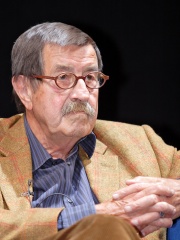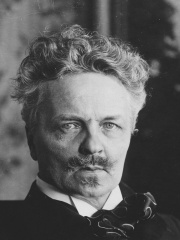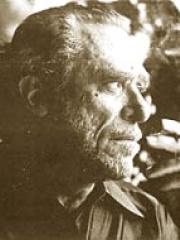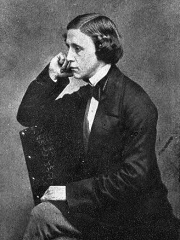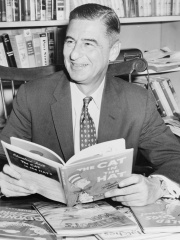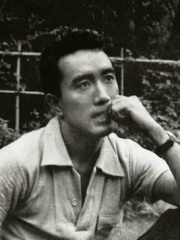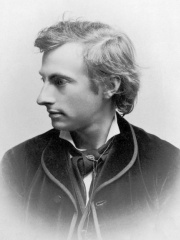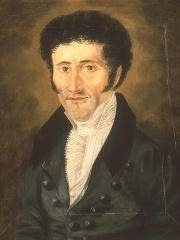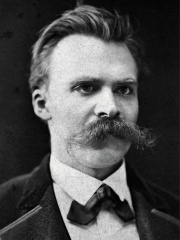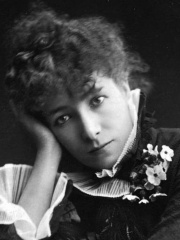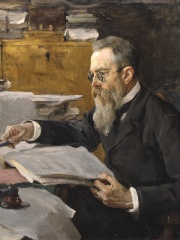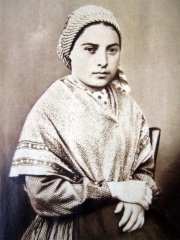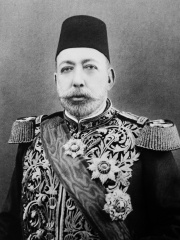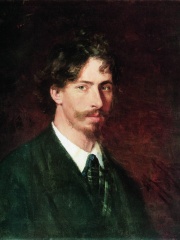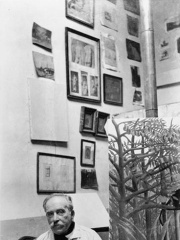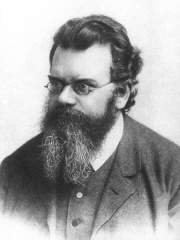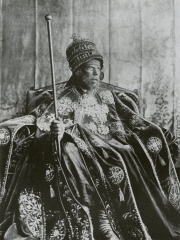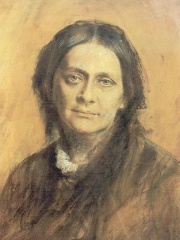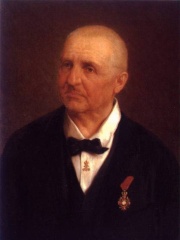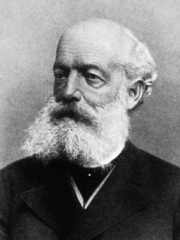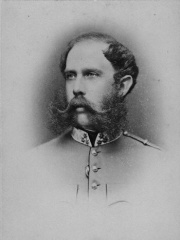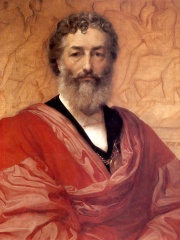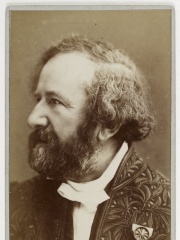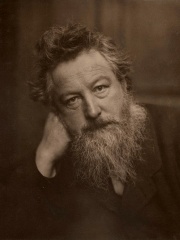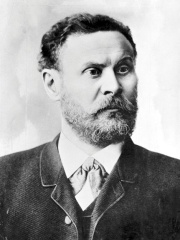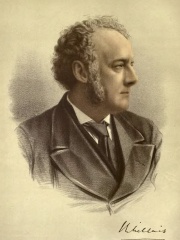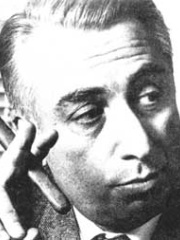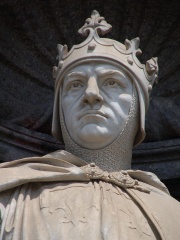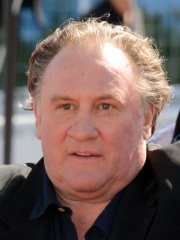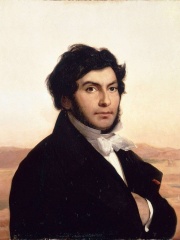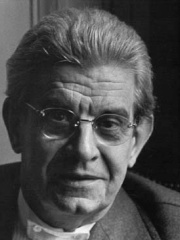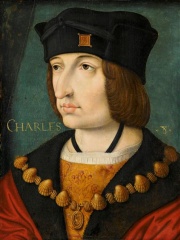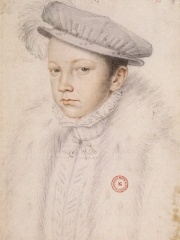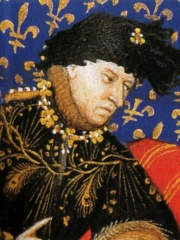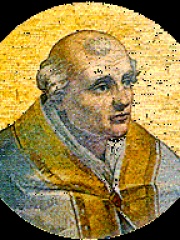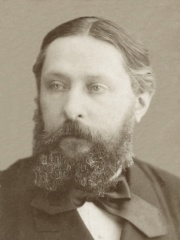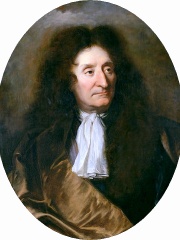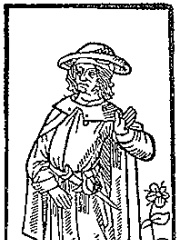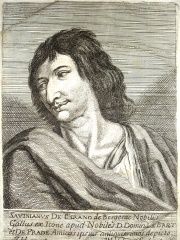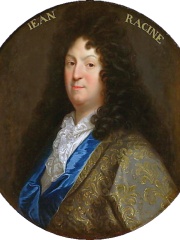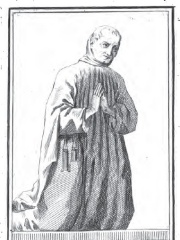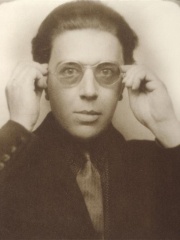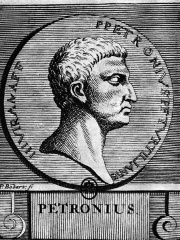WRITER
Paul Verlaine
1844 - 1896
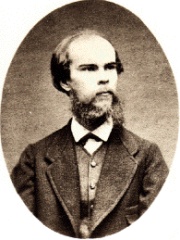
 Paul Verlaine
Paul Verlaine
Paul-Marie Verlaine ( vair-LEN; French: [pɔl maʁi vɛʁlɛn]; 30 March 1844 – 8 January 1896) was a French poet, writer and critic associated with the Symbolist, Parnassianist, and Decadent movements. He is considered one of the paramount exponents of the fin de siècle in French and international poetry. Born in Metz to a petit-bourgeois family, Verlaine bore a lifelong interest in the arts, whether literary, musical or visual. His début collection, Poèmes saturniens (1866), were released at the age of twenty-two; they were published by Alphonse Lemerre. Read more on Wikipedia
His biography is available in 79 different languages on Wikipedia (up from 77 in 2024). Paul Verlaine is the 139th most popular writer (down from 126th in 2024), the 150th most popular biography from France (down from 132nd in 2019) and the 31st most popular French Writer.
Paul Verlaine is most famous for his poetry.
Memorability Metrics
Page views of Paul Verlaine by language
Among WRITERS
Among writers, Paul Verlaine ranks 139 out of 7,302. Before him are Günter Grass, Haruki Murakami, Jean Cocteau, August Strindberg, Charles Bukowski, and Jonathan Swift. After him are Lewis Carroll, Boris Pasternak, Dr. Seuss, Yukio Mishima, Karl Adolph Gjellerup, and E. T. A. Hoffmann.
Most Popular Writers in Wikipedia
Go to all RankingsGünter Grass
1927 - 2015
HPI: 80.42
Rank: 133
Haruki Murakami
1949 - Present
HPI: 80.40
Rank: 134
Jean Cocteau
1889 - 1963
HPI: 80.33
Rank: 135
August Strindberg
1849 - 1912
HPI: 80.30
Rank: 136
Charles Bukowski
1920 - 1994
HPI: 80.23
Rank: 137
Jonathan Swift
1667 - 1745
HPI: 80.20
Rank: 138
Paul Verlaine
1844 - 1896
HPI: 80.12
Rank: 139
Lewis Carroll
1832 - 1898
HPI: 80.04
Rank: 140
Boris Pasternak
1890 - 1960
HPI: 80.01
Rank: 141
Dr. Seuss
1904 - 1991
HPI: 79.94
Rank: 142
Yukio Mishima
1925 - 1970
HPI: 79.92
Rank: 143
Karl Adolph Gjellerup
1857 - 1919
HPI: 79.92
Rank: 144
E. T. A. Hoffmann
1776 - 1822
HPI: 79.88
Rank: 145
Contemporaries
Among people born in 1844, Paul Verlaine ranks 6. Before him are Friedrich Nietzsche, Karl Benz, Sarah Bernhardt, Anatole France, and Nikolai Rimsky-Korsakov. After him are Bernadette Soubirous, Mehmed V, Ilya Repin, Henri Rousseau, Ludwig Boltzmann, and Menelik II. Among people deceased in 1896, Paul Verlaine ranks 3. Before him are Alfred Nobel, and Clara Schumann. After him are Anton Bruckner, August Kekulé, Archduke Karl Ludwig of Austria, Ivar Aasen, Frederic Leighton, Hippolyte Fizeau, William Morris, Otto Lilienthal, and John Everett Millais.
Others Born in 1844
Go to all RankingsFriedrich Nietzsche
PHILOSOPHER
1844 - 1900
HPI: 90.17
Rank: 1
Karl Benz
INVENTOR
1844 - 1929
HPI: 88.12
Rank: 2
Sarah Bernhardt
ACTOR
1844 - 1923
HPI: 81.34
Rank: 3
Anatole France
WRITER
1844 - 1924
HPI: 81.25
Rank: 4
Nikolai Rimsky-Korsakov
COMPOSER
1844 - 1908
HPI: 80.32
Rank: 5
Paul Verlaine
WRITER
1844 - 1896
HPI: 80.12
Rank: 6
Bernadette Soubirous
RELIGIOUS FIGURE
1844 - 1879
HPI: 79.51
Rank: 7
Mehmed V
POLITICIAN
1844 - 1918
HPI: 79.26
Rank: 8
Ilya Repin
PAINTER
1844 - 1930
HPI: 78.69
Rank: 9
Henri Rousseau
PAINTER
1844 - 1910
HPI: 78.41
Rank: 10
Ludwig Boltzmann
PHYSICIST
1844 - 1906
HPI: 77.57
Rank: 11
Menelik II
POLITICIAN
1844 - 1913
HPI: 77.49
Rank: 12
Others Deceased in 1896
Go to all RankingsAlfred Nobel
CHEMIST
1833 - 1896
HPI: 88.86
Rank: 1
Clara Schumann
MUSICIAN
1819 - 1896
HPI: 80.48
Rank: 2
Paul Verlaine
WRITER
1844 - 1896
HPI: 80.12
Rank: 3
Anton Bruckner
COMPOSER
1824 - 1896
HPI: 79.85
Rank: 4
August Kekulé
CHEMIST
1829 - 1896
HPI: 79.36
Rank: 5
Archduke Karl Ludwig of Austria
POLITICIAN
1833 - 1896
HPI: 78.63
Rank: 6
Ivar Aasen
WRITER
1813 - 1896
HPI: 74.48
Rank: 7
Frederic Leighton
PAINTER
1830 - 1896
HPI: 74.03
Rank: 8
Hippolyte Fizeau
PHYSICIST
1819 - 1896
HPI: 73.36
Rank: 9
William Morris
DESIGNER
1834 - 1896
HPI: 73.28
Rank: 10
Otto Lilienthal
ENGINEER
1848 - 1896
HPI: 73.11
Rank: 11
John Everett Millais
PAINTER
1829 - 1896
HPI: 72.86
Rank: 12
In France
Among people born in France, Paul Verlaine ranks 150 out of 6,770. Before him are Évariste Galois (1811), Bernard of Clairvaux (1090), Eleanor of Aquitaine (1122), Roland Barthes (1915), Charles I of Anjou (1226), and Gérard Depardieu (1948). After him are Jean-François Champollion (1790), Jacques Lacan (1901), Charles VIII of France (1470), Francis II of France (1544), Charles VI of France (1368), and Pope Callixtus II (1065).
Others born in France
Go to all RankingsÉvariste Galois
MATHEMATICIAN
1811 - 1832
HPI: 80.32
Rank: 144
Bernard of Clairvaux
RELIGIOUS FIGURE
1090 - 1153
HPI: 80.31
Rank: 145
Eleanor of Aquitaine
NOBLEMAN
1122 - 1204
HPI: 80.28
Rank: 146
Roland Barthes
PHILOSOPHER
1915 - 1980
HPI: 80.26
Rank: 147
Charles I of Anjou
POLITICIAN
1226 - 1285
HPI: 80.23
Rank: 148
Gérard Depardieu
ACTOR
1948 - Present
HPI: 80.19
Rank: 149
Paul Verlaine
WRITER
1844 - 1896
HPI: 80.12
Rank: 150
Jean-François Champollion
ARCHAEOLOGIST
1790 - 1832
HPI: 80.11
Rank: 151
Jacques Lacan
PSYCHOLOGIST
1901 - 1981
HPI: 80.10
Rank: 152
Charles VIII of France
POLITICIAN
1470 - 1498
HPI: 80.03
Rank: 153
Francis II of France
POLITICIAN
1544 - 1560
HPI: 79.96
Rank: 154
Charles VI of France
POLITICIAN
1368 - 1422
HPI: 79.92
Rank: 155
Pope Callixtus II
RELIGIOUS FIGURE
1065 - 1124
HPI: 79.92
Rank: 156
Among WRITERS In France
Among writers born in France, Paul Verlaine ranks 31. Before him are Anatole France (1844), André Gide (1869), Sully Prudhomme (1839), Jean de La Fontaine (1621), François Villon (1431), and Jean Cocteau (1889). After him are Cyrano de Bergerac (1619), Jean Racine (1639), Nicolas Flamel (1330), André Breton (1896), Stéphane Mallarmé (1842), and Petronius (27).
Anatole France
1844 - 1924
HPI: 81.25
Rank: 25
André Gide
1869 - 1951
HPI: 81.05
Rank: 26
Sully Prudhomme
1839 - 1907
HPI: 80.51
Rank: 27
Jean de La Fontaine
1621 - 1695
HPI: 80.50
Rank: 28
François Villon
1431 - 1463
HPI: 80.47
Rank: 29
Jean Cocteau
1889 - 1963
HPI: 80.33
Rank: 30
Paul Verlaine
1844 - 1896
HPI: 80.12
Rank: 31
Cyrano de Bergerac
1619 - 1655
HPI: 79.80
Rank: 32
Jean Racine
1639 - 1699
HPI: 79.26
Rank: 33
Nicolas Flamel
1330 - 1425
HPI: 79.01
Rank: 34
André Breton
1896 - 1966
HPI: 79.00
Rank: 35
Stéphane Mallarmé
1842 - 1898
HPI: 78.77
Rank: 36
Petronius
27 - 66
HPI: 78.54
Rank: 37
